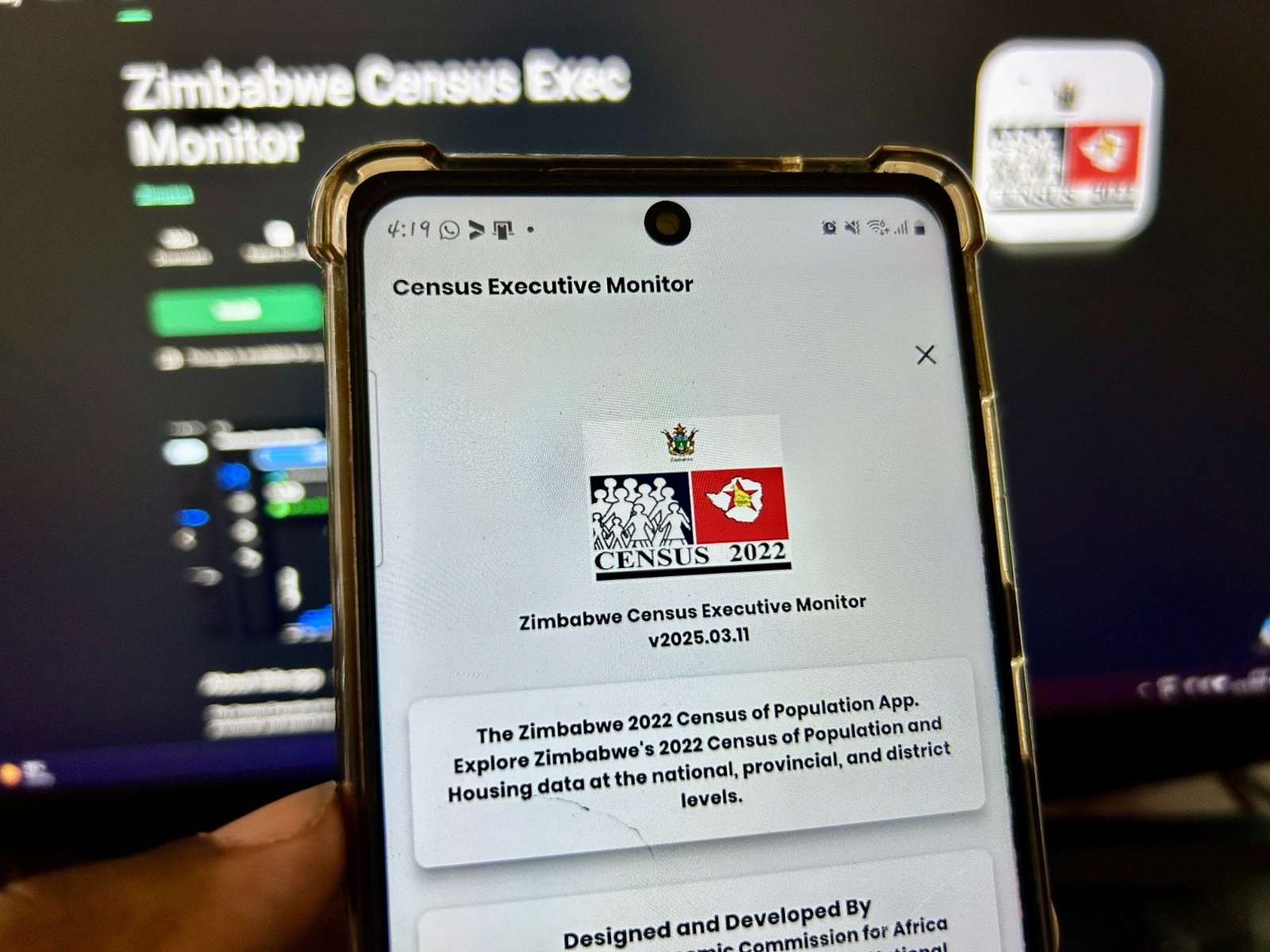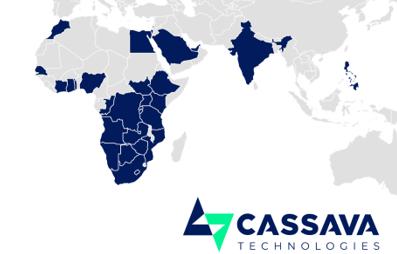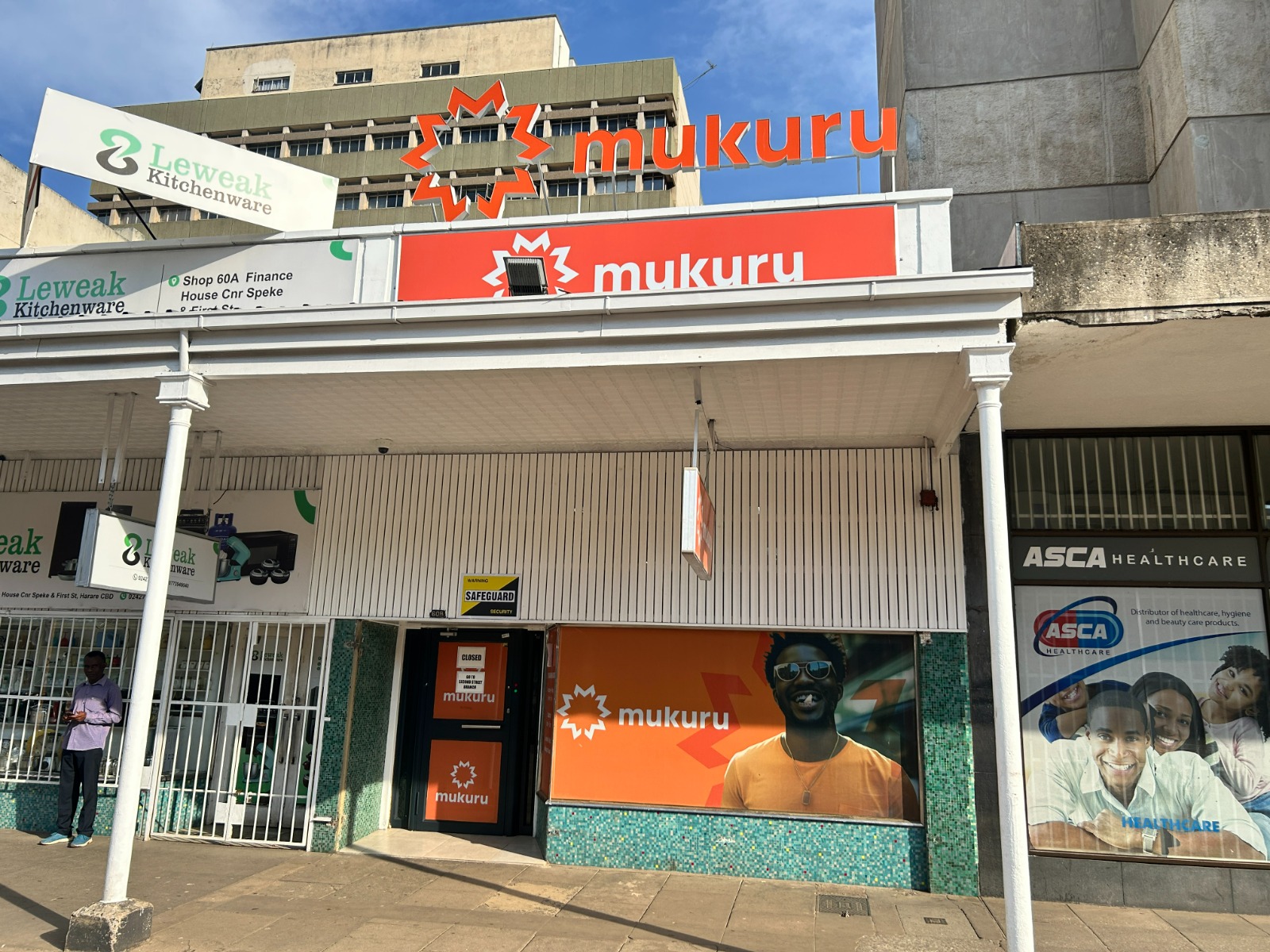Netblocks, the watchdog organisation that monitors cybersecurity and governance of the internet, reported yesterday that Zimbabwe’s internet services degraded or were being throttled during the Citizens Coalition For Change’s (CCC) Yellow Sunday Rally.
“Network data from NetBlocks confirm a significant slowing of internet service for many users in Zimbabwe on Sunday 20 February 2022, as a major political opposition rally is held in Harare. The incident impacts multiple operators and has prevented live streaming from the Yellow Sunday demonstration by the Citizens Coalition For Change party, which seeks to unseat the ruling ZANU–PF.”
Netblocks


In Netblock’s report, they were unable to confirm the cause of the network operator-wide disruption. However, the organisation believes that the metrics were consistent with slowing or throttling internet services.
Excise Duty on Internet Services
This peculiar event comes a week after ZOL Zimbabwe announced that it would be charging a 10% Excise Duty on Internet and VOIP services (which other operators will announce soon or were already charging). This turn of events is strange because Excise Duty is commonly charged on goods and services that governments want to discourage the consumption or use of.
“Excise duties consist of special taxes levied on specific kinds of goods, typically alcoholic beverages, tobacco and fuels; they may be imposed at any stage of production or distribution and are usually assessed by reference to the weight or strength or quantity of the product.”
Organisation for Economic Co-operation and Development (OECD)
If we are to draw a line between the supposed internet throttling that happened yesterday and the 10% tax on internet services. It stands to reason that there is a concerted effort to make access to the world wide web as difficult as possible for the ordinary Zimbabwean. That 10% that the government is charging Internet Service Providers (ISP) will most likely be pushed on to the consumer because with the operating environment in Zimbabwe they won’t want to shoulder that cost themselves.
New TelOne internet package prices; some large data caps almost doubled
These sentiments were echoed in a Twitter Space we held last week when we asked the Techzim community to weigh in on the 10% Internet Tax.
One of the attendants who contributed said that the internet should be looked at in the same light as road infrastructure is in Zimbabwe. It is a highway that links new internet-based businesses to customers and there should be no barrier to entry because suppressing the activity of those businesses gravely impacts the nation’s prospects. One can imagine how much potential revenue/business was lost to yesterday’s internet throttling and, down the line, to the 10% Internet Tax.
Moreover, this has many on social media worried that, as we enter the general election season-proper, events like this will become commonplace. And as I am sure as you can already guess it would be chaotic for not only for internet-based businesses but for everyone because we need the internet to communicate.
Cover Image Credit: Privilege Musvanhiri














Comments
12 responses
The additional tax is yet another means of throttling free speech and access to outside news. This is not so surprising, as zpf don’t want you to hear and see anything other than what they want you to see and hear! Voters haven’t exactly gone out of their way to give change a chance, coupled with a divided opposition where certain individuals are only interested in keeping their rather comfy, tax-free salary and perks, at the expense of the rest of the country! Until you the voters sort that out, en masse, this sort of thing will not only keep on happening, but you could find yourselves with nothing but local ISP’s and local content, or maybe the word “content” should read “ZPF Propaganda”! Costs of this will also keep rocketing, as Zimbabwe sinks deeper into the mire as well.
“Zimbabwe is open for business” So sayeth Ed, who in the same breath added “No going back on indigenisation”, thus scuppering ANY hope of investors even bothering to knock on the door! All zpf are interested in, is keeping themselves in power. If you, the voters can’t be bothered to vote and see that checks are put in place checks that said vote is not rigged, expect more economic destruction, suppression of free speech and a ruined economy!
Space knows no boundaries. The throttling of the internet will definitely lead to an earlier adoption of satellite based internet. Event the pole and dagga thatched hut in the remotest part of the country will be able to get throttle-free very high speed internet using battery or solar electricity. Throttling the internet is like chasing after the wind.
Very high speed and satellite don’t tend to go hand in hand 😛
It will when starlink is up and running. 200 to 500mb up and 200 to 500mb down. Unlimited and for half the price of ZOL. They can’t throttle that – I will be watching all the stuff they want to stop in full 4k glory with my small 30cm satellite hiding from view. Try and stop that!
Starlink relies on a nearby base/ground/”Gateway” station in order to be fast. That is the primary reason Starlink is only available in select regions at present.
When all Starlink satellites have been launched into space, they will form a mesh network for greater speeds and resiliency. However, the mesh is limited to satellites two or three hops away, which means you’d still reliant on a Gateway within Africa.
Zimbabwe has two “real” ISPs that provide its connectivity; Liquid and Telone. Every other operator purchases capacity from these two. At $110 USD/Megabit, Starlink are under no circumstances going to purchase connectivity to be upstreamed by either ISP. Therefore, if Starlink does ever launch to cover Zimbabwe, its connectivity will almost certainly be provided through South Africa. Even here, IP transit is 3-5x more expensive than US, CA & EU, so you should expect slower speeds and contention.
Finally, even if the impossible happens — that is, Starlink adding a Gateway in ZW and purchasing local transit from Liquid/Telone — almost 90% of the world’s websites and services are hosted within US and EU, which means you’d still have 160ms latency to EU and 230ms+ latency to US, so Starlink won’t perform any faster than a fixed line.
Satellite internet takenda takaenda. For now I think we should all bank on VPNs for free internet and reduce earnings for these Zanu Worshiping ISPs. And as soon as Star link is up we break up the relationship with econet and netone for good
Zimbabwe is shifting away from a democracy. I’m no longer a Zanu supporter the party has become a cult, nothing patriotic at all. Looks like we’re going to be North Korea soon. Our future as youths is doomed, how the hell are you going to start and grow a legitimate business in such an environment?
We dont care about their data. I have been using vpn for free net for 3 years now. I use more than 300gig od data per month..
And soon starlink will be up.. i will be say8ng goodbye to econet and netone….
Let’s be real though…internet across almost all platforms has been atrocious for the past few weeks. ZOL haaaaa, I have no words.
I wouldn’t be surprised that the dystopic govt in Zimbabwe has a part in this slowdown of the net. It must be quite scary for all those little parties that got the tax payers twin cabs and for the party of blood and all its draculas and satanists to find that ordinary citizens in Highfield made it to this rally FREELY with all forms of evil & vile intimidation staked against them. Is this the beginning of the end of political fear? Can you imagine what will happen in 2023 country-wide? We’ll see. We have to rely on SABC or eTV to get news worth watching in Zimbabwe, until they too, are banned. Very shameful.
Patiently waiting for Starlink, no fair usage policy, no data caps, no geo locking, no contracts,